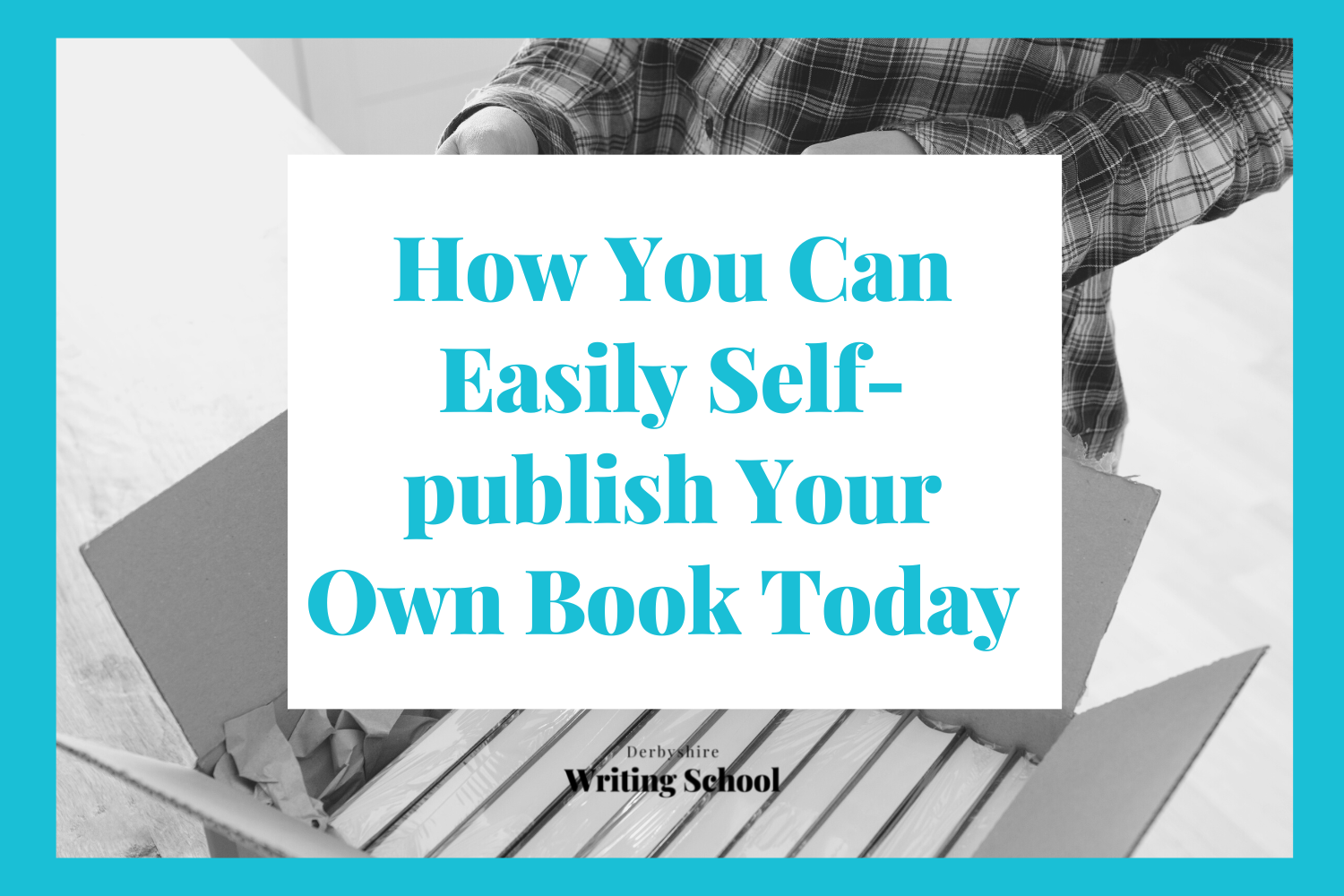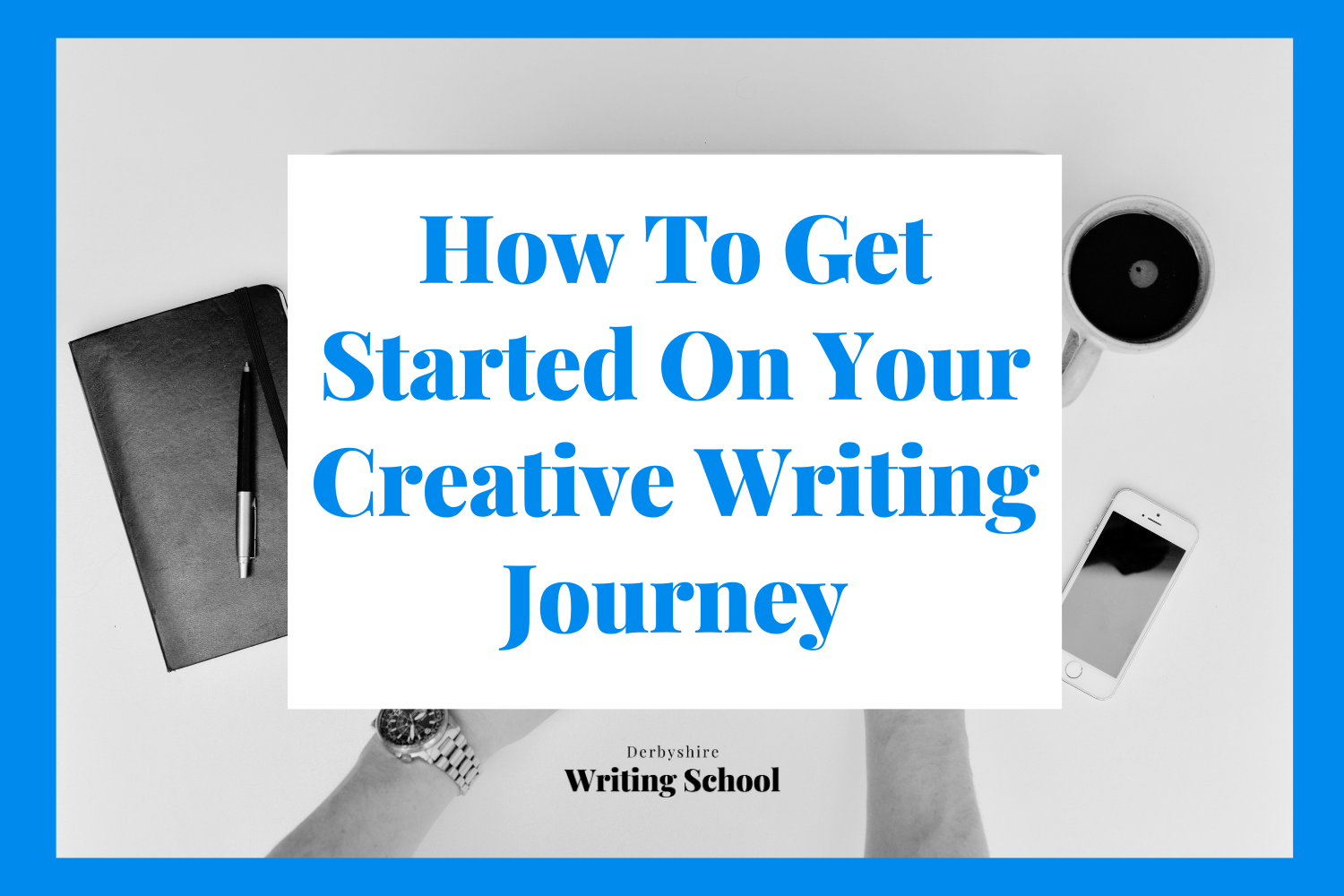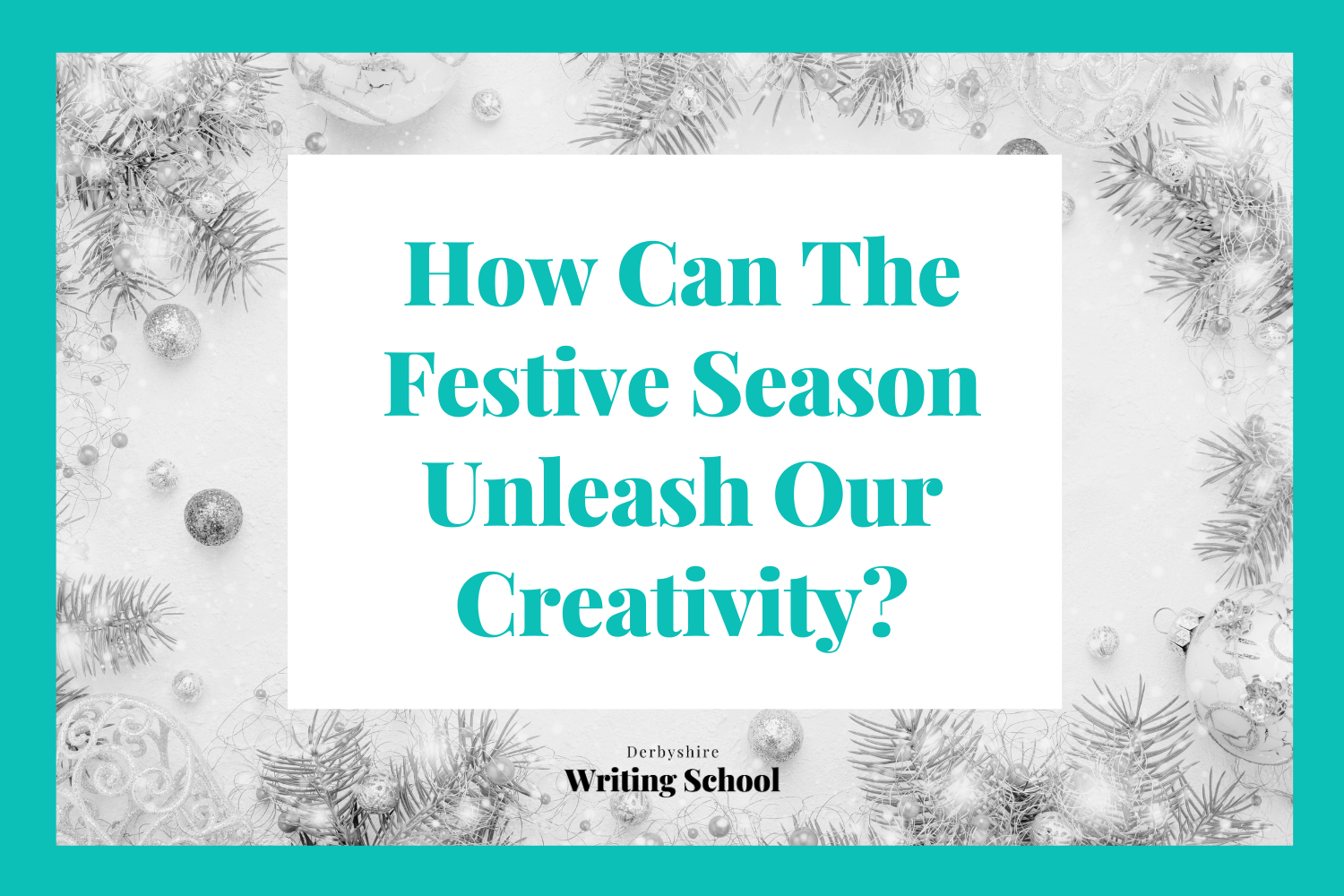How You Can Easily Self-publish Your Own Book With Style Today
The first time you get your book delivered through the post, the excitement is palpable.
The brown envelope has your words inside! You rip open the package and your book is born.
It’s real.
You can turn the pages. Crease the corners. Hold the story.
From an idea to a Word document to a fully formatted manuscript, through the magic of the print-on-demand process your words have been turned into a book! A real-life hold-in-your-hands paperback book! There isn’t a feeling like it in the world.
Imagine filling your bookshelf at home with your own words. The novel you’ve always dreamed of writing. The memoir you’ve longed to write. The poetry collection you’ve stopped and started. All these ideas you can hold in your hands, through the power of self-publishing.
Your story matters and we want to help you bring it to the world.
What is Self-publishing?
Self-publishing is the process of creating a book and taking it to market – without the use of a traditional publisher or publishing house. This means taking your book and turning it into a format that can be printed (a paperback or hardback book) or read on an e-reader (such as a Kindle).
Writing your book is the first stage. Self-publishing is about sharing your book with others.
Self-publishing takes a lot of work, but it doesn’t have to feel hard. It can be fun and professional.
Why is Self-publishing a Good Idea?
Self-publishing has been around for a lot longer than you might think. Many famous authors begin their author careers with self-publishing, and what’s interesting is seeing how this trend is returning. Many bestselling and big ‘traditionally published’ authors are opting for a hybrid model. Mixing between self-publishing and traditional publishing depends on what works as the best deal for them. This is because there are lots of benefits to self-publishing. There are many reasons why it is a good idea:
1. You have more control over the process.
You can decide on your cover, the layout, the blurb, the character names, everything is your decision. What can happen with agents, editors, or publishers is they have to make decisions based on the market on their personal taste, but what if you disagree? What if they wanted to change the title of your book? Would you be happy? With self-publishing, you have the final say.
2. You have higher royalty rates.
When you self-publish you can decide your book prices, this means you can decide how much royalty (or profit) you make on each book. With print on demand, you also don’t have to order 100s of copies of your book. Your book is printed one copy at a time. With self-publishing, you can earn anything from 70 – 30% royalty rates on
your books. This is amazing! With traditional publishing, you could be looking at only 5-8% for paperbacks and that’s only after you’ve ‘earned back’ your advance (if you’re lucky enough to get an upfront payment from your publisher).
3. You can make changes.
Maybe you spot a typo, or perhaps you want to change your cover, with the click of a few buttons you can make these changes. You are in control, and you have the final say. Maybe you want to add new back matter (the pages at the end of your book that promote the next book), and you can. With traditional publishing, you would have to go through meetings, calls, checks, and updates and it perhaps wouldn’t be as simple as it should or could be.
4. You can build direct relationships with your audience.
Self-publishing is also about selling books, and the best way to do this is to build an audience. When you self-publish, you can have the opportunity to collect more customer details (following appropriate GDPR) guidance, to then connect with this community. Give yourself the best chance of succeeding by creating a network of followers and fans. Talk to your audience, check -in with them and get feedback. All of this is made easier when you have more direct access to them through self-publishing. This is especially true if you sell directly (you sell books on your own website, to your own customers).
5. You can publish your book without gatekeepers.
Many amazing books are rejected by agents and publishing houses every day. This doesn’t mean the book isn’t good. It doesn’t mean the book shouldn’t be published, it could be a case of the wrong place, wrong time. It could be the market, the industry, or the fact the agent has reached their quota for the day. Your story deserves to be told and with self-publishing, you can give yourself permission to publish it, don’t wait for someone else to give you permission.
How to Self-Publish Your Book With Style?
Once you’ve written your book, the publishing process can begin. A lot of the stages of self-publishing are the same as the traditional process. It just means you’re in control and you are doing it ‘yourself’. However, self-publishing doesn’t always mean doing it all on your own. It can mean outsourcing some elements of the book publishing process to help you create the most professional and stylish product possible.
When we talk about self-publishing your book with style, we mean creating a product that you are proud of. We mean creating a professional and error-free quality product that solves a problem, offers entertainment or has a purpose. When you self-publish with style you:
Don’t want to only publish through Amazon.
Don’t want to fall for the common mistakes first-time self-publishers stumble upon.
Want to learn how to get your book out into the world in a professional way?
Want to understand more about the publishing process and take ownership?
Take the steps needed to turn your Word document into a paperback book.
Five Mistakes People Make When Self-Publishing
1. Rushing the process.
It can be so exciting to see hold your book in your hands, and it can be tempting to rush the process when you know how simple (not easy) it can be. But stop! Taking an extra week or two now to double-check your work will pay off in the long run.
2. Creating the book covers themselves.
Self-publishing can be cheap (free even), but cheap doesn’t always mean it’s the best option to take. When starting out it can be good to share your work, make changes, and improve when you can afford to, but it’s true what people say about book covers. We do all judge a book by its cover. Not spending money on a book cover is the biggest mistake people can make with book publishing. It can be a ‘giveaway’ to a reader, or worse, it can stop people from considering your words because they don’t like the image on the front. Take time to do lots of research around your genre, the bestsellers, other authors, and trends within your nice or book category. This will help you when considering what cover to choose. Quite often book covers are selected to fit a particular style, and whilst you think it could be good to ‘break this’ convention, really consider how your book would fit on shelves, does it stand out for the wrong reasons?
3. Not getting editorial support.
Just because you are good at writing doesn’t always mean you will be good at editing or proofreading. We all have different skill sets and getting external editorial support can take your writing to the next level. Whilst this can be the costliest part of self-publishing, it’s always worth it. No one wants typos in their work. Self-publishing with style means getting help to check the details of your work, checking for consistency and clarity.
4. Not considering the audience.
Millions of books are published each year. Thousands of books are added to Amazon every day, every hour. You need to make your book stand out, and one of the best ways to do that is to know how you are writing for. This is because your audience will be looking for your book, as well as you trying to find them. Without considering who your book is for, you run the risk of your book getting lost at sea! When you know your audience, it’s much easier to market to them. It can be hard to define but spending time on this will never be wasted.
5. Thinking pressing ‘publish’ is the end of the process.
Knowing your audience links to this mistake. Pressing publish is exciting, and you should celebrate. But it’s not the end of the process, only the end of the beginning. Lots of people stop here, but this is where the real work begins. You need to market and sell your book and that takes work. Your book won’t be stumbled upon, you need to push it out to the people who need it and who want to read it but need help finding it.
Self-publishing with Derbyshire Writing School
Are you ready to take control of your writing career and share your work with the world?
Our Self-publishing with Style course provides you with expert advice and guidance, allowing you to successfully self-publish your work. You’ll leave with confidence and a solid plan to take your writing forward and finally hold that finished book in your hands.
Our course will talk you through the most common mistakes, secrets, and the top tips you need to know to self-publish a book to be proud of. We’ll show you how you can get your self-published book on Waterstones.com, or even create a hardback version, whilst keeping the costs low.
We believe in your book. And we can help you turn your dream into a reality.
We would love to hear from you. Please let us know about your self-publishing questions, problems or ideas, email info@derbyshirewritingschool.com












